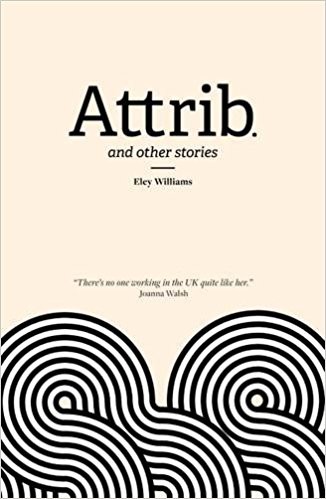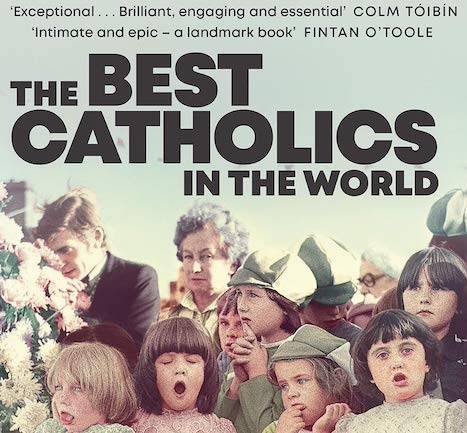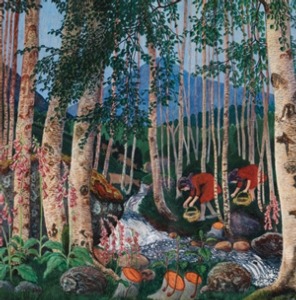
This article is a preview from the Summer 2017 edition of New Humanist. You can find out more and subscribe here.
Attrib. and Other Stories (Influx) By Eley Williams
What is it about the unnamed narrator? There is, of course, a certain mystery to it: think, for instance, of Ali Smith’s short stories in which a nameless narrator addresses a gender-free “you”. Not naming your characters can also signify that other things are more important and should be given full attention. Another interpretation is that the story is open to various possibilities.
Attrib., Eley Williams’s debut collection, has all of the above. The art gallery where “Smote (or When I Find I Cannot Kiss You in Front of a Print by Bridget Riley)” is set; the song from Oliver! chosen to accompany “And Back Again”; the lingering smell of an ex’s laundry – these details might have been inspired by Smith’s early work, but they are told in the author’s own, original, verbally and tonally experimental voice. “Fears and Confessions of an Ortolan Chef”, describing a grotesque ritual of serving “illicit birds” – “an ortolan is generally eaten in silence, or with a performance of silence that is maintained in order to imply gravitas” – is a 21st-century sequel to John Berger’s 1976 essay “The Eaters and the Eaten”, showing foodism at its most gothic.
Attrib. is, among other things, a self-portrait of the artist as a lecturer in creative writing. Williams is a stickler for accuracy; she’s right to be. In prose as experimental as this, discipline is vital. The stories’ obsession with detail – “let the record show it was roughly five foot seven inches and you had not looked impressed”– doesn’t come across as a tic, but rather as a device consciously chosen to keep a tight rein. Most of Williams’s unnamed narrators strive for precision. They remain punctilious even when it hurts: “you are not here any more to remind me that the plural should be croci, because you have gone, forever”.
Williams’ narrator has an ability to perceive the world differently, especially pronounced in “Synaesthete, Would Like To Meet”. Everything has a specific smell, sound, colour or touch; constant adjustments are required even to sit in front of a computer: “Grey text on a yellow background sounds so clearly to me like snow on a tin roof and smells so strongly of mown grass that all other synaesthetic responses are dulled.” Online dating is tricky too, and then the first date brings some unexpected, completely novel sensations.
The human characters of “Spines” do have names, unlike the two hedgehogs they encounter, but it’s the hedgehogs’ fate that matters to you. In the title story, Michelangelo’s two Creations are studied by the narrator, once again unnamed, but given a job: a Foley artist, commissioned to record special effects for an art exhibition. In one painting, God and Adam are “networking on a cloud and showing each other their nipples, going in for the first corporate handshake”; in the other, Adam lies exhausted “after a day of naming things whatever the hell he likes”. Yet it’s Eve the narrator feels close to: “She looks like someone who might chew her nails and stub her toes, like she too mistakenly shampoos her hair twice instead of using conditioner.”
The possibilities these stories imply are many, one of them being that you, the reader, could be their unnamed narrator. That’s why, like all good literature, they feel so personal, immediate and incredibly urgent.

